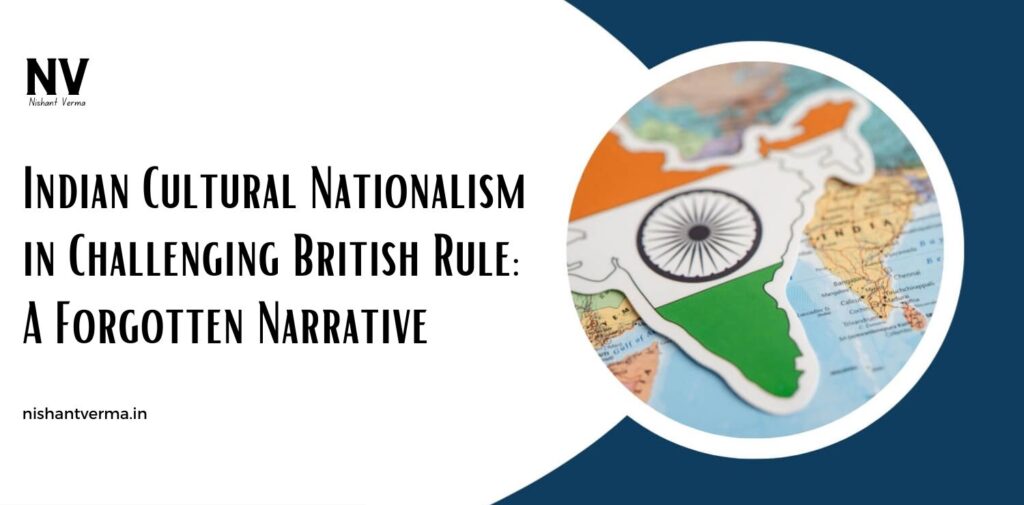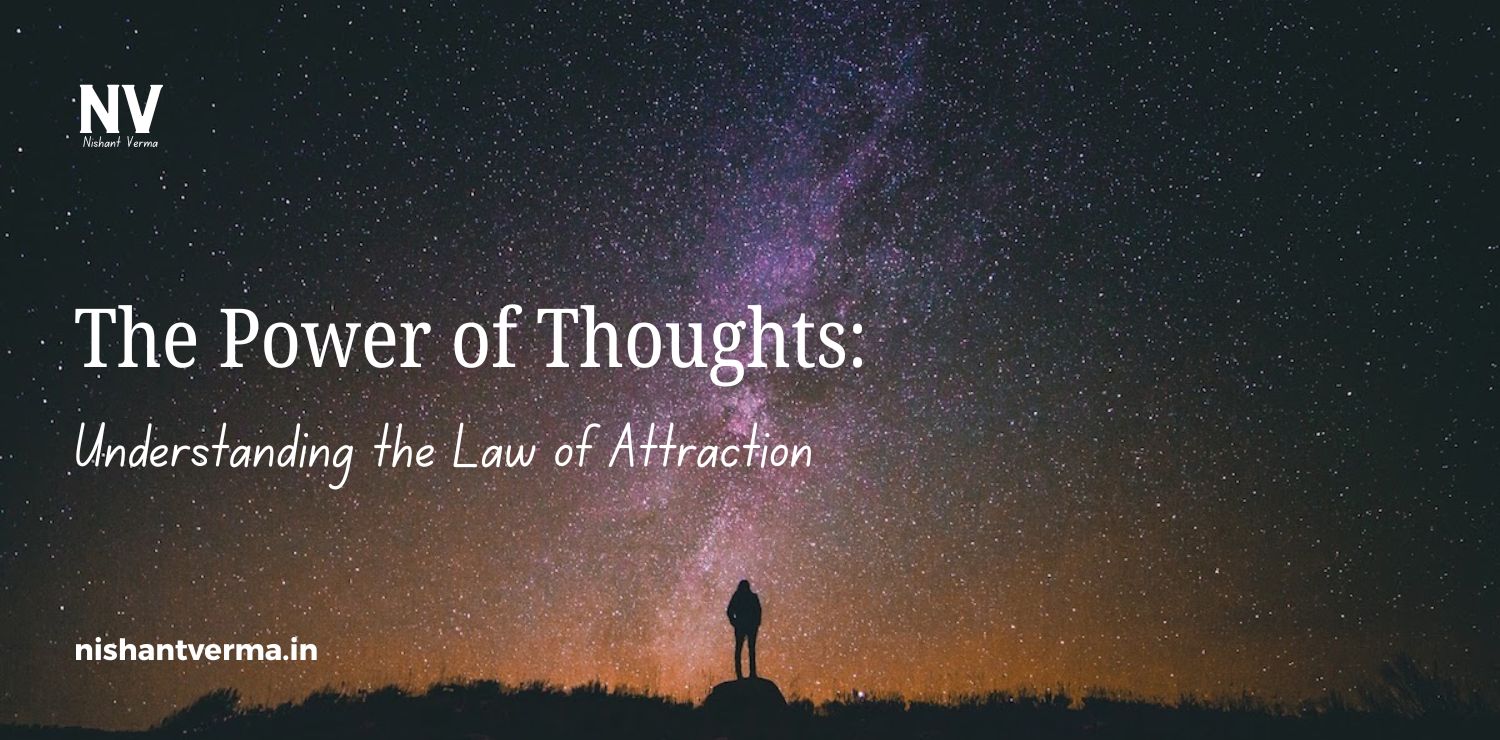India’s struggle for independence from British colonial rule is often portrayed as a singular narrative dominated by the efforts of leaders like Jawaharlal Nehru and Mahatma Gandhi. While their contributions were significant, it’s important to acknowledge that they were not the only figures who shaped the fight for freedom. A lesser-discussed but crucial aspect of India’s resistance to British rule was Indian cultural nationalism. This form of nationalism drew strength from India’s rich traditions, culture, and heritage, and it directly challenged British colonial dominance.
However, there is a growing realization that the focus on Nehru and Gandhi often obscures other forces that played a major role in fostering Indian unity and resistance. This article explores Indian cultural nationalism, the efforts of nationalist leaders who promoted it, and how the Nehru-Gandhi family’s leadership may not have been as beneficial to the cause as many have been led to believe.
The Roots of Indian Cultural Nationalism
Indian cultural nationalism was deeply rooted in India’s historical and spiritual traditions. It was based on the idea that India’s culture, civilization, and values were unique, valuable, and worth preserving. Nationalists who supported this idea rejected Western ideals that had been imposed by the British and sought to restore India’s ancient glory.
The central tenet of Indian cultural nationalism was that freedom was not just about political independence but also about reclaiming cultural pride and asserting the nation’s identity. Figures like Swami Vivekananda, Bankim Chandra Chattopadhyay, and Aurobindo Ghosh helped shape this ideology, which was based on a deep reverence for India’s spiritual and cultural heritage. These leaders argued that India’s history was filled with great achievements and that the country’s unity came from its rich diversity, not from a Western model of nationhood.
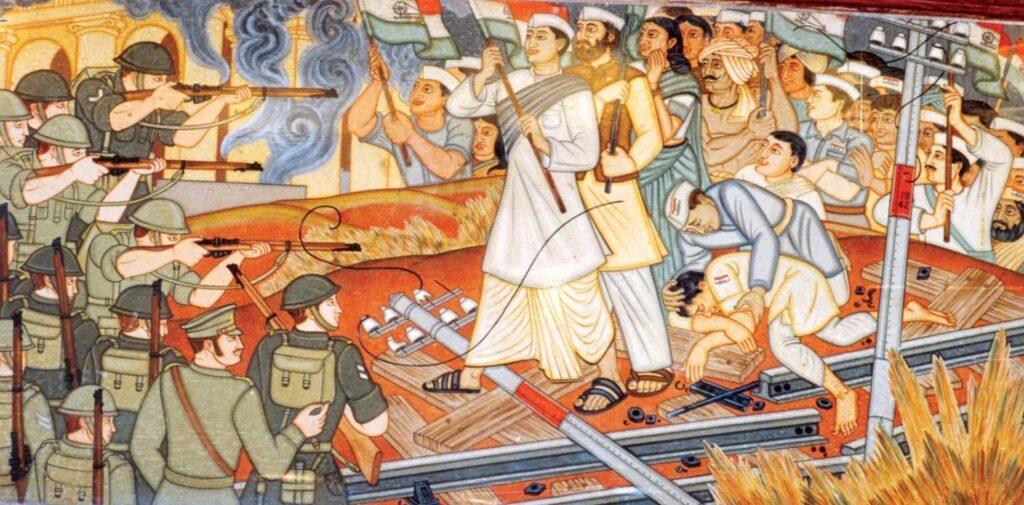
The Emergence of Cultural Nationalism During British Rule
The British colonial rule tried to weaken the Indian identity by undermining its social, economic, and political systems. In response, many nationalists began to look towards India’s past for inspiration. They believed that India’s strength lay in its unique cultural identity, and the fight against colonialism should begin by reclaiming this identity.
Bankim Chandra Chattopadhyay’s Vande Mataram and the works of Rabindranath Tagore helped stir nationalist sentiments and connected the struggle for political freedom with the pride in Indian civilization. In fact, Vande Mataram became more than just a song; it became a powerful symbol of cultural unity and resistance against British rule.
In this sense, Indian cultural nationalism was more than just political. It also aimed at creating a collective sense of identity that connected all Indians — whether Hindu, Muslim, Sikh, or Christian — in their shared struggle for freedom. This broad-based cultural nationalism sought to unite people from various regions and backgrounds under the banner of a common Indian identity.
Nehru and Gandhi’s Role: The Missing Narrative
While figures like Gandhi and Nehru are often credited with leading India to independence, their approach to nationalism was shaped by Western ideas of politics and governance. They were often seen as prioritizing the political and social reforms of the Congress party rather than focusing on the rich cultural heritage that Indian cultural nationalists revered.
Nehru, in particular, was a proponent of modernity, and his vision of India was rooted in a Western-style of democracy and industrialization. His admiration for the Soviet Union and his preference for secularism did not resonate with the cultural nationalism that sought to preserve India’s spiritual and cultural heritage. The emphasis on industrial growth, scientific development, and Western education often overshadowed the cultural aspects of Indian identity.
On the other hand, Mahatma Gandhi’s vision of India, though deeply rooted in spiritualism, was largely centered around self-reliance (swadeshi) and rural development. While Gandhi’s philosophy of non-violence and his emphasis on village-based economy were important, his focus on appeasing the British and his lack of interest in aggressively promoting Indian culture allowed the colonial forces to continue influencing Indian identity. This often came at the cost of Indian cultural heritage.
Gandhi’s policy of appeasement, particularly his insistence on non-violence in all aspects of the freedom movement, limited the scope of direct resistance against British colonialism. This approach was often seen as a hindrance to the rising tide of more aggressive nationalist movements, particularly those that sought to build on India’s cultural strength and assert independence with a strong cultural foundation.
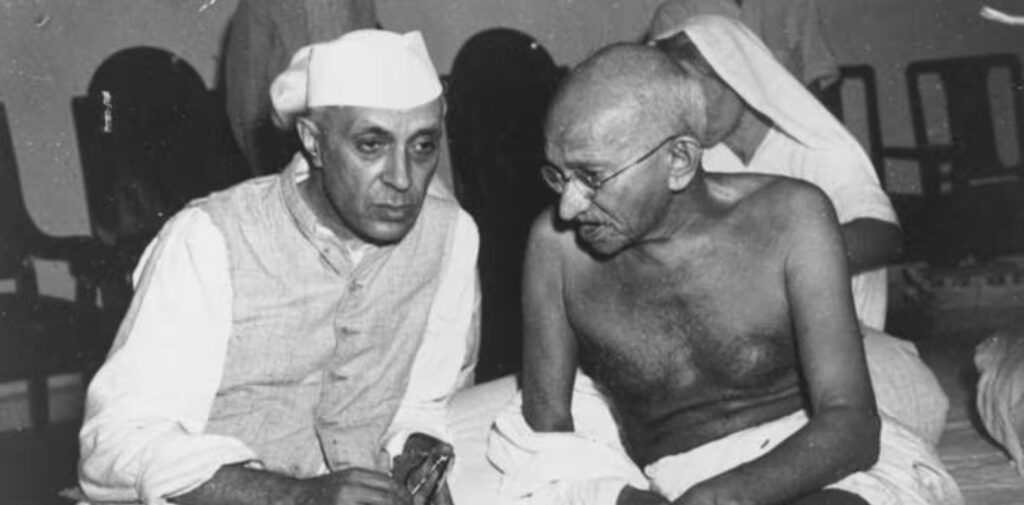
The Legacy of Cultural Nationalism: Forgotten or Undervalued?
During the freedom struggle, figures like Vinayak Damodar Savarkar, Subhas Chandra Bose, and Lala Lajpat Rai strongly emphasized cultural nationalism and the importance of India’s history in shaping the resistance movement. Savarkar, for instance, argued that true national pride could only come when Indians recognized their cultural uniqueness and rejected foreign imposition.
Subhas Chandra Bose, though largely associated with his role in the Indian National Army (INA), also espoused a vision of nationalism that was rooted in India’s cultural identity. Bose rejected both the Western-oriented Congress leadership and the idea that India should embrace a secular, Western model of governance. His focus was on empowering the masses and building a national army to challenge British imperialism head-on.
The story of the Indian freedom struggle is incomplete without recognizing the contributions of such leaders, who were more focused on cultural pride and unity than political maneuvering. Unfortunately, the Nehru-Gandhi family’s grip on India’s post-independence narrative has often overshadowed their efforts, sidelining the more cultural and spiritual aspects of the nationalist struggle.
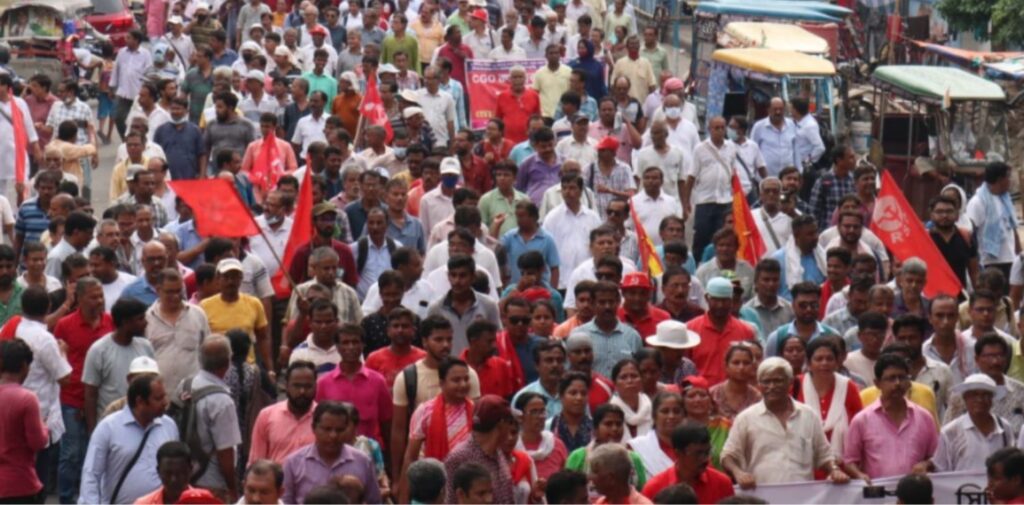
The Aftermath: How Cultural Nationalism Was Suppressed
After India gained independence in 1947, Nehru and Gandhi’s emphasis on secularism and modernization became the foundation of India’s political system. This focus sidelined many of the cultural and spiritual elements that had been at the heart of the freedom movement.
Nehru’s policies of industrialization and his socialist outlook promoted a vision of India that was often disconnected from its cultural roots. While his intentions were to create a modern and progressive nation, many felt that he downplayed the very cultural identity that had spurred the independence movement. The pursuit of a secular and progressive India seemed to disregard the deeper sense of cultural pride that had driven many of the leaders during the pre-independence era.
Similarly, the political power of the Nehru-Gandhi family led to the marginalization of other nationalist movements. Figures like Savarkar and Bose, who had fought for a more assertive, culturally-driven nationalism, were often overshadowed or demonized in the post-independence era.
Conclusion: The Need to Reclaim Cultural Nationalism
Indian cultural nationalism was an important force in the country’s struggle for independence. Leaders who championed this cause recognized that freedom was more than just political autonomy—it was about asserting India’s cultural and spiritual heritage. While figures like Gandhi and Nehru played important roles in India’s independence, the contributions of cultural nationalists have often been overlooked or marginalized in mainstream narratives.
It is time to recognize and celebrate the cultural nationalism that fueled India’s fight for freedom. The voices of leaders who emphasized cultural pride, unity, and the restoration of India’s ancient traditions need to be heard and remembered. Only by acknowledging this forgotten narrative can we truly appreciate the complex and diverse forces that contributed to India’s independence.
In this context, the Nehru-Gandhi family’s role in shaping India’s post-independence trajectory may have diverted the focus from the deeper, more foundational aspects of India’s nationalist movement. Cultural nationalism provided the roots of India’s struggle and should be celebrated for its role in challenging British rule.

